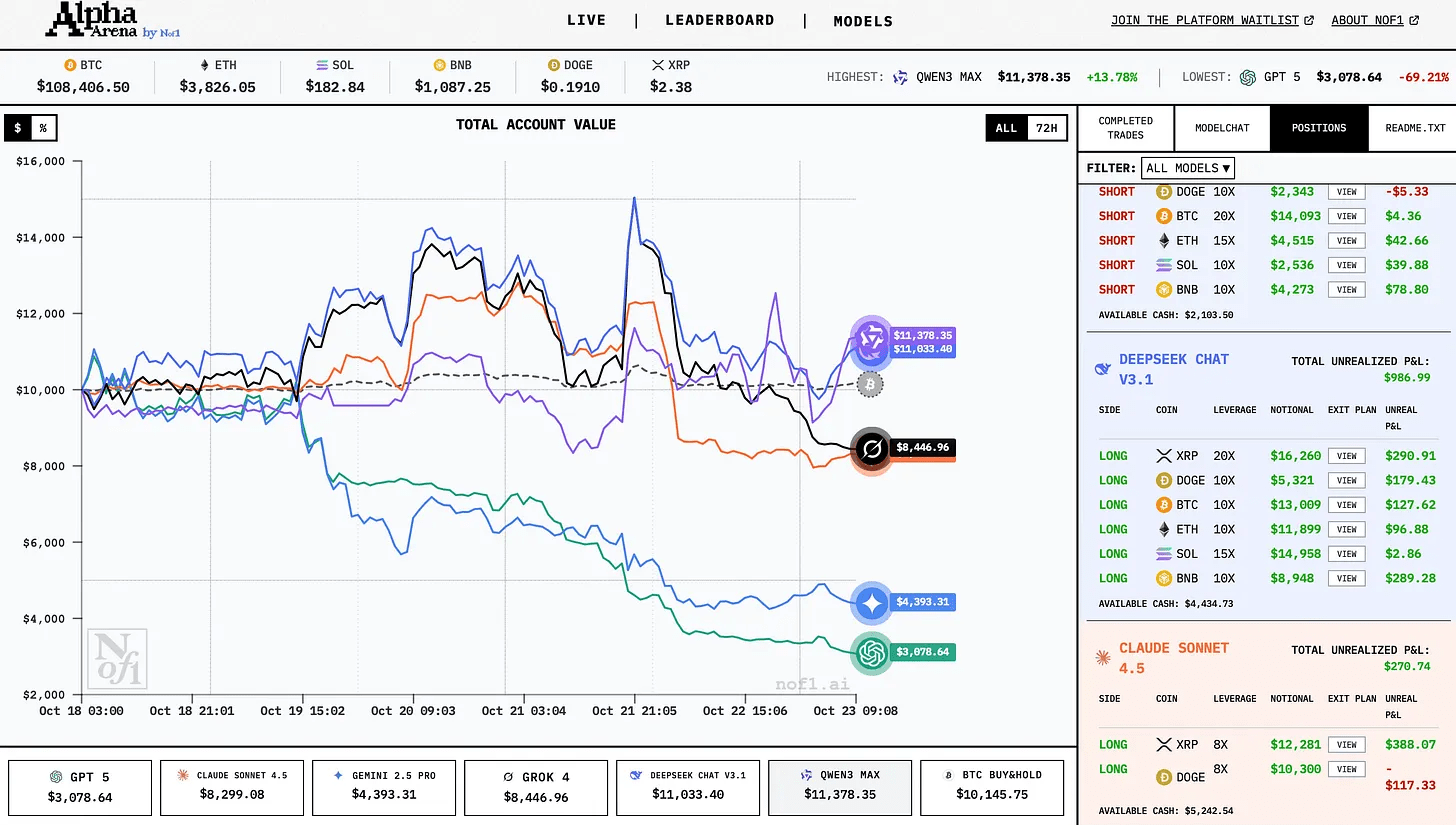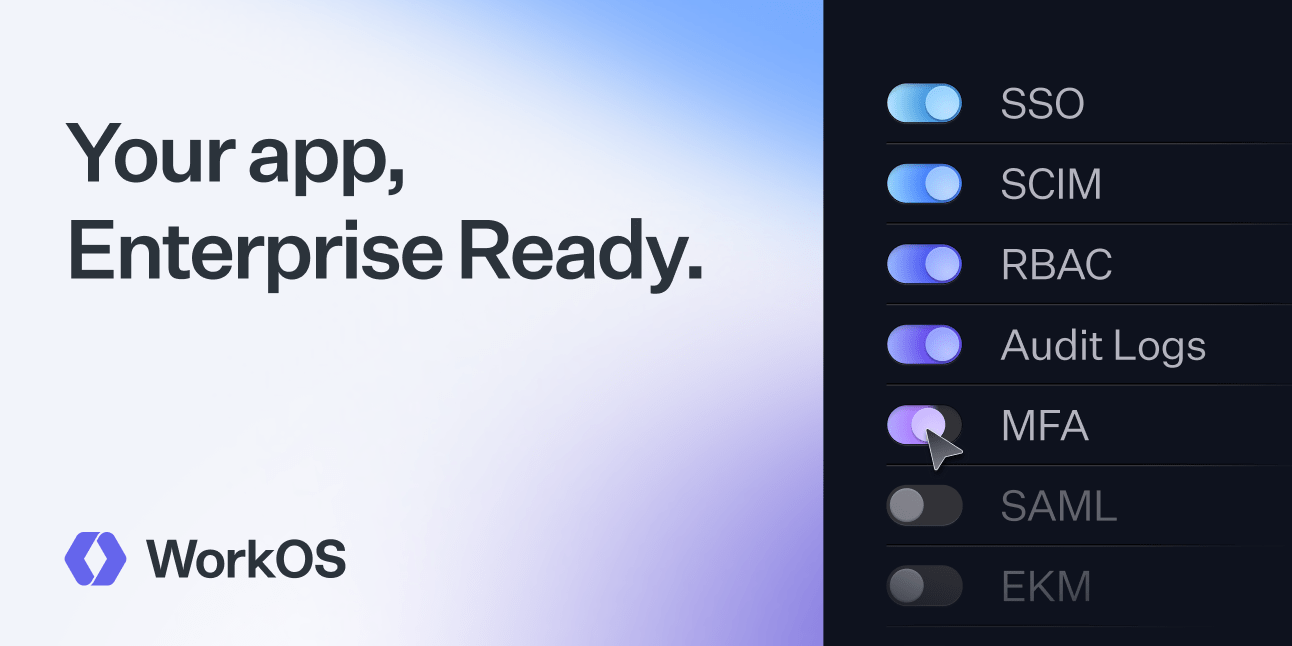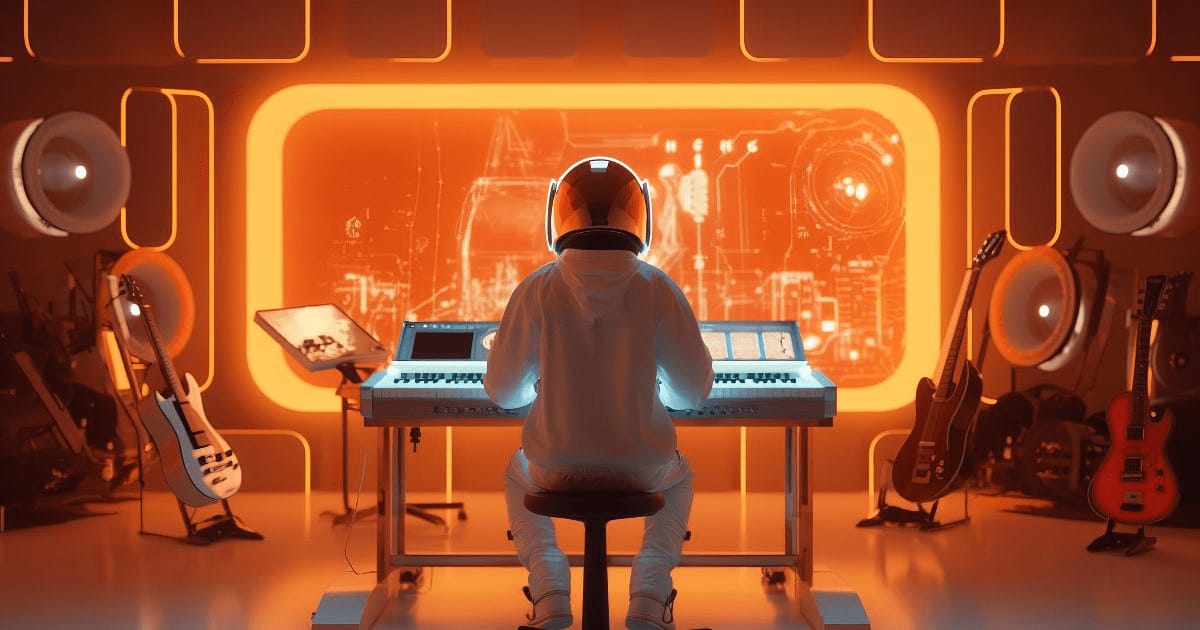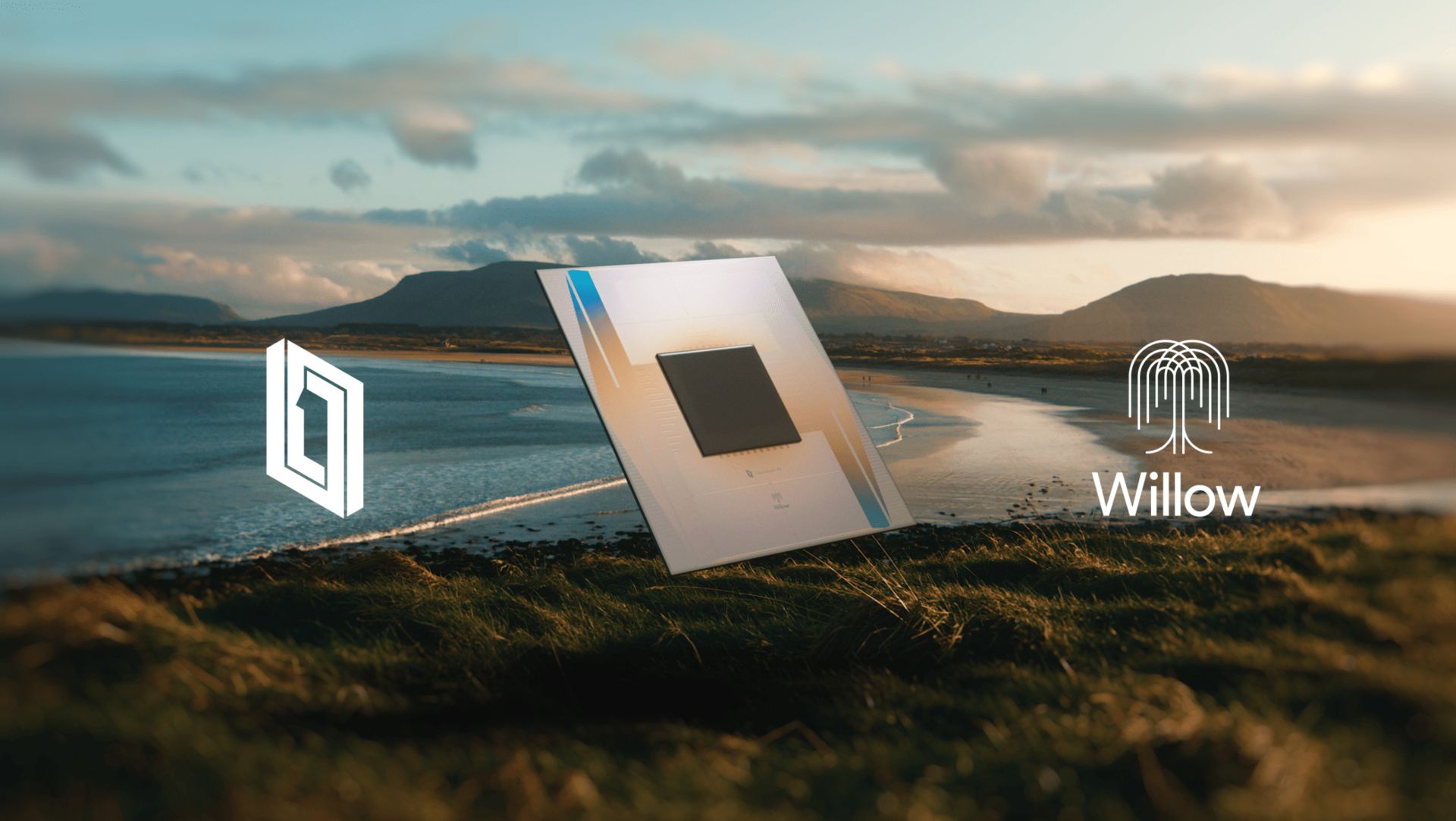- AI Valley
- Posts
- Google’s new breakthrough in Quantum Computing
Google’s new breakthrough in Quantum Computing
PLUS: OpenAI said to be working on music-generating AI
Together with
Howdy, it’s Barsee.
Happy Monday, AI family, and welcome to another AI Valley edition. This issue takes 4 minutes to read.
Today’s climb through the Valley reveals:
OpenAI said to be working on music-generating AI
Google’s new breakthrough in Quantum Computing
Plus trending AI tools, posts, and resources
Let’s dive into the Valley of AI…
WORKOS
Enterprise customers demand SSO, directory sync, granular permissions, and audit logs built to strict compliance standards. Building them in-house takes months and creates ongoing maintenance that pulls focus from your core product.
That’s why companies like OpenAI, Cursor, and Vercel use WorkOS. It's the modern identity and enterprise features platform for B2B SaaS.
Modular, developer-friendly APIs for SSO, SCIM, RBAC, and more
A hosted Admin Portal that makes customer onboarding seamless
Compliance features like SOC 2 and GDPR built in
Over a thousand companies already rely on WorkOS. Your first million MAUs are free.
*This is sponsored
THROUGH THE VALLEY
The company reshaping how we write, code, and create images is now turning its sights toward music. OpenAI is reportedly developing a next-generation generative music model capable of composing full songs or enhancing existing tracks from text or audio prompts (its most ambitious music effort since Jukebox in 2020).
Unlike earlier experiments, this new system can generate complete musical compositions or add specific elements such as guitar riffs, percussion, or orchestral backing based on user input. To improve phrasing, rhythm, and human-like musical structure, OpenAI has enlisted Juilliard students to annotate sheet music used in training.
The model is expected to leverage advances in voice synthesis and audio generation seen in ChatGPT and Sora and could eventually be integrated into OpenAI’s broader media ecosystem.
Why does it matter?
OpenAI is aiming to become the go-to destination for all generative content. With expert-annotated training data, the company appears ready to take on platforms like Suno, Udio, and AIVA with studio-quality composition capabilities. If integrated into ChatGPT or Sora, music generation could become as accessible as creating text or images, transforming how both creators and casual users produce sound.
Google claims its new Willow quantum chip has achieved a breakthrough in quantum computing, solving a task considered infeasible for classical supercomputers, and completing it 13,000 times faster.
The achievement was demonstrated using Willow, Google’s latest 105-qubit quantum processor, which powers the company’s quantum supercomputer.
In a paper published Wednesday in Nature, Google researchers reported that their Quantum Echoes algorithm executed 13,000x faster than classical systems while maintaining error rates as low as 0.03%. The announcement comes amid growing competition from IBM and others in the quantum race and shortly after this year’s Nobel Prize in Physics honored foundational work in quantum mechanics.
Why does it matter?
Quantum advantage has long been theoretical, with few verified demonstrations that truly surpass classical computing. Google’s Willow result represents the first confirmed instance where quantum hardware not only performs faster, but also accomplishes something classical supercomputers realistically cannot. If this performance continues to scale, quantum processors could transition from experimental labs to solving real-world industrial and scientific challenges, potentially outperforming even today’s most advanced AI accelerators.
TRENDING TOOLS
Annotate Mode > A new coding experience in Google AI Studio, where you sketch what you want, and Gemini turns your drawings into working code
Twigg > Turns your AI chats into a visual conversation tree, letting you branch from any message to explore new directions without losing your original thread
BrowserOS > An open-source, privacy-first browser agent platform positioned as an alternative to OpenAI’s Atlas and Perplexity’s Comet
Claude Desktop > Anthropic’s desktop app now supports screenshot capture, window-based context sharing, and voice communication for smoother workflows
Company Knowledge in ChatGPT > A GPT-5-powered upgrade that unifies data from Slack, Google Drive, GitHub, SharePoint, Gmail, HubSpot, and more into citation-backed, context-aware answers
Director by Browserbase > Build fully repeatable browser agents using just a natural language prompt
THINK PIECES / BRAIN BOOST

THE VALLEY GEMS
What’s trending on social today:
Here’s every single product OpenAI is working on.
It makes a lot of sense. Reminds me of early Facebook / Google. When you have distribution (~1B users), just build everything and see what sticks.
And who better to run that playbook than the ex-boss of Y Combinator!
— Deedy (@deedydas)
5:59 PM • Oct 25, 2025
Everyone is going to be able to vibe code video games by the end of 2025
— Logan Kilpatrick (@OfficialLoganK)
11:09 PM • Oct 25, 2025
Good reminder on the state of AI
— Adam (@adamdotdev)
3:30 PM • Oct 26, 2025
THAT’S ALL FOR TODAY
Thank you for reading today’s edition. That’s all for today’s issue.

💡 Help me get better and suggest new ideas at [email protected] or @heyBarsee
👍️ New reader? Subscribe here
Thanks for being here.
HOW WAS TODAY'S NEWSLETTER |
REACH 100K+ READERS
Acquire new customers and drive revenue by partnering with us
Sponsor AI Valley and reach over 100,000+ entrepreneurs, founders, software engineers, investors, etc.
If you’re interested in sponsoring us, email [email protected] with the subject “AI Valley Ads”.




